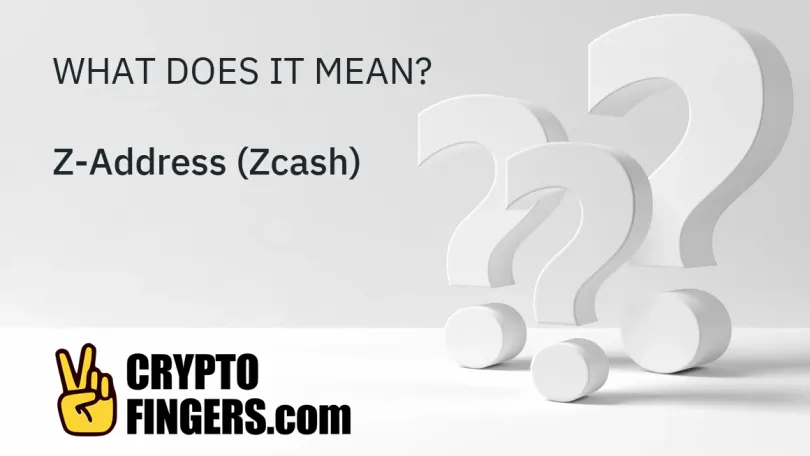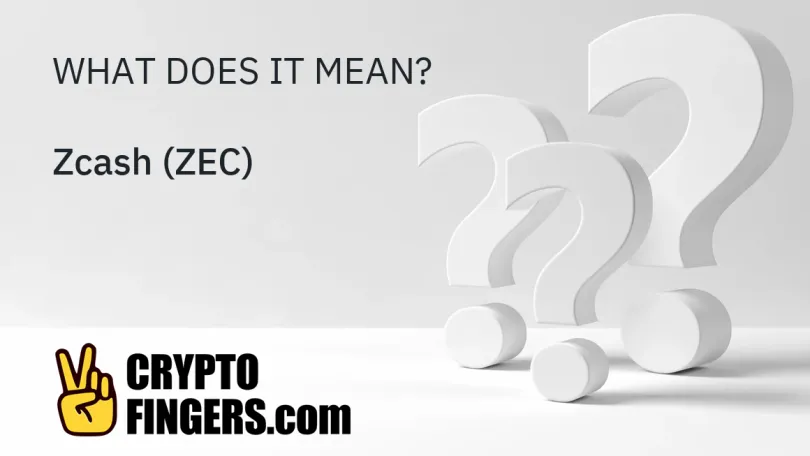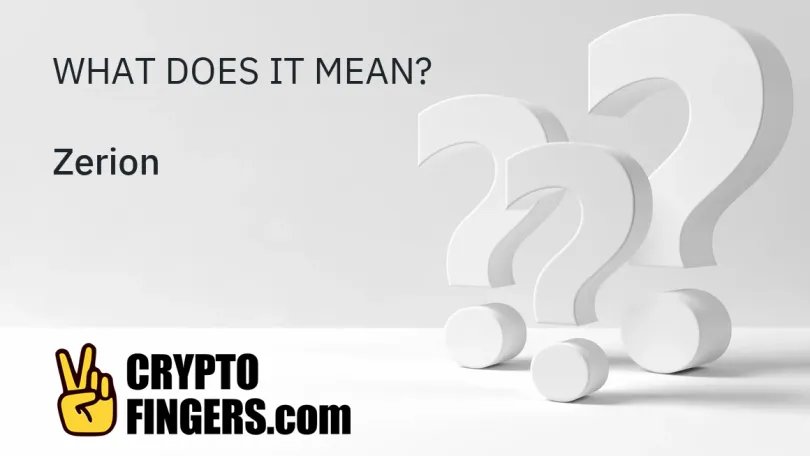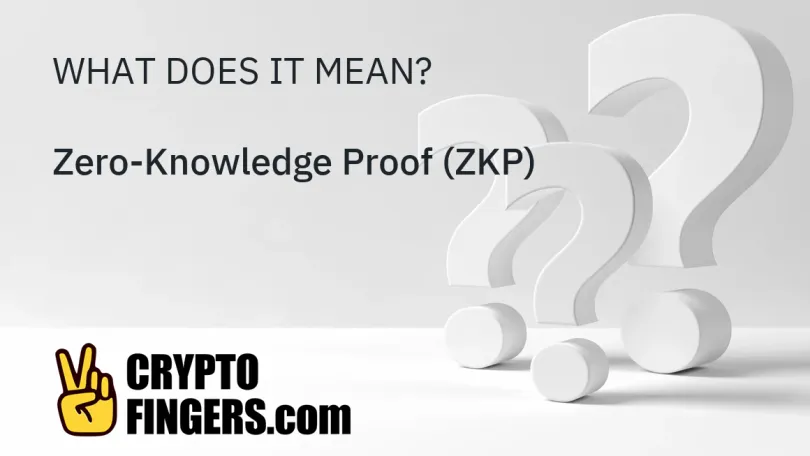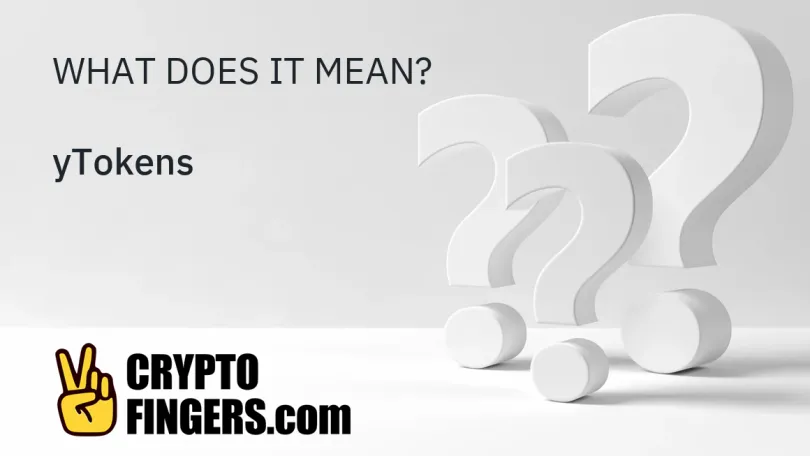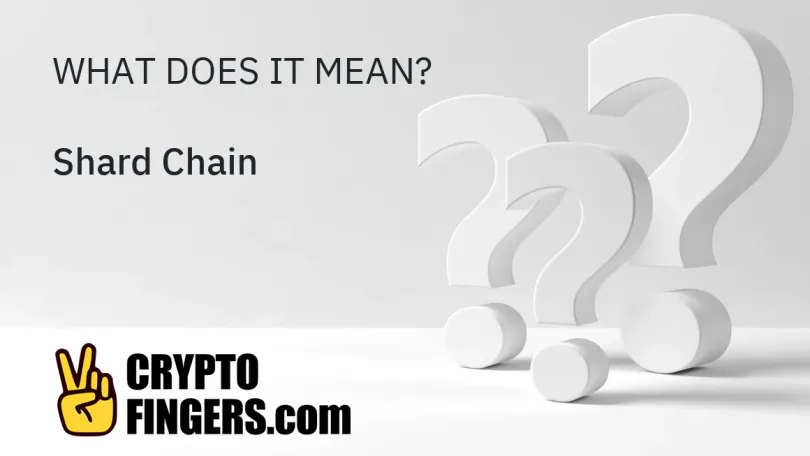
Shard chains are created by partitioning a blockchain into smaller, more manageable pieces. This process decreases the workload on validator nodes, which are only required to store and manage one shard instead of the entire blockchain system. Alongside other optimizations, shard chains are expected to drastically increase network throughput and speed as opposed to monolithic consensus mechanisms. Ethereum's Consensus Layer (previously Ethereum 2.0) will be separated into 64 shards that will operate as smaller blockchains tied to a Beacon Chain. Ethereum Execution Layer (previously Ethereum 1.0) is intended to make up one of these shards.















